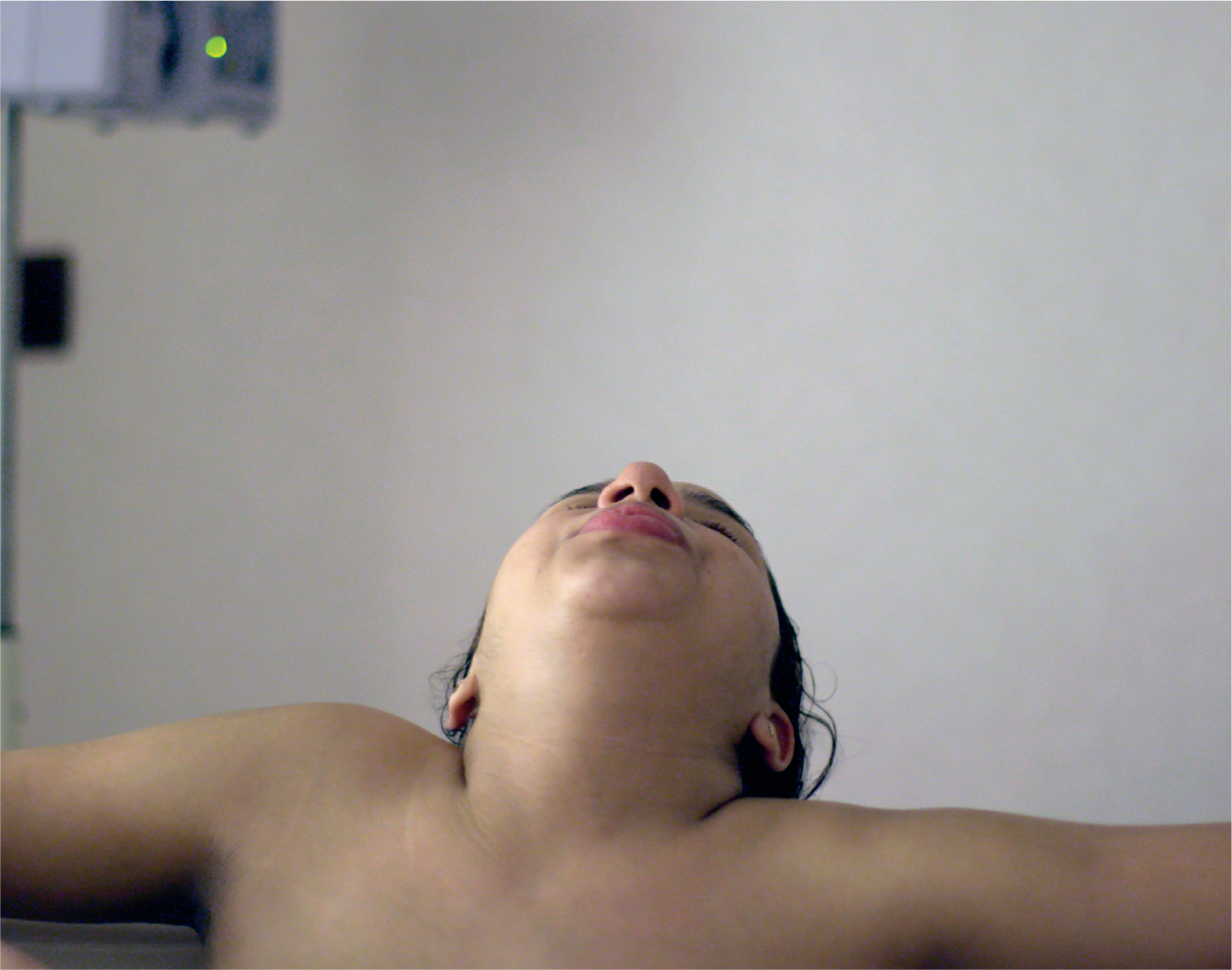‘There are hospital management models for labour and birth that are based on the respect of women in childbirth.’ For many women and healthcare professionals, this is not always the case. This quote acts as a backdrop for the interactive documentary ‘Birth in the 21st century,’ produced by the Valencian cooperative Barret. The web documentary, directed by Claudia Reig Valera and nominated for the World Press Photo Interactive of the Year Award, conveys the stories of five women through the six key moments in their pregnancy: the expectation, the peripartum period, dilation, delivery, postpartum and their return home. Each one has her own experiences and preferences but are all patients at the public hospital in La Plana, Vilarreal, Spain.
Àlex Badia, who is responsible for the interactive format of this documentary, explains that the choice in hospital is critical, that ‘it is important that it was a public hospital’. Moreover, the one in La Plana is known for respectful attention. As Badia points out, the hospital has facilities, such as the bathtubs, and ‘the delivery room is managed by the midwives, who have implemented an assistance protocol that promotes physiologic birth, the autonomy of the women, minimal intervention and informed consent whenever intervention is necessary.’
 A still shot from the documentary of one of the five women, Graciela Rangel, during delivery
A still shot from the documentary of one of the five women, Graciela Rangel, during delivery
This is why the midwives are also the focus of this documentary, which offers insight into creating your own birth plan with the information from the featured professionals. The birth plan is another option made available by the Hospital de La Plana to pregnant women. According to the centre itself, more than 95% of the ones that come to the delivery room with a birth plan which makes it easier for midwives to ensure the labour process is carried out comfortably. Plus, the plan also includes postpartum preferences and the introduction of breastfeeding.
Changes spurred on by COVID-19
The pandemic has had a significant impact on pregnant women who have delivered their babies in these past months. There was concern amongst some midwives and Spanish organisations about the spreading of misinformation relating to SARS-CoV-2.
It was in April 2020 when Àngels, one of the women who shares her story in the documentary, went to the delivery room in the Hospital de La Plana. Beyond face masks and the necessary blood test to determine whether she was infected with SARS-CoV-2, the attention was barely any different from the rest of the cases filmed before the public health crisis.
Among other things, this documentary takes advantage of this ‘coronavirus mode’, to talk about the importance of women being accompanied by the person of their choice when attending antenatal appointments and going into the delivery room.


